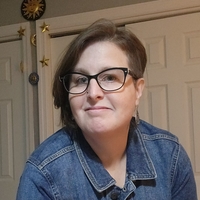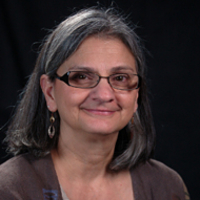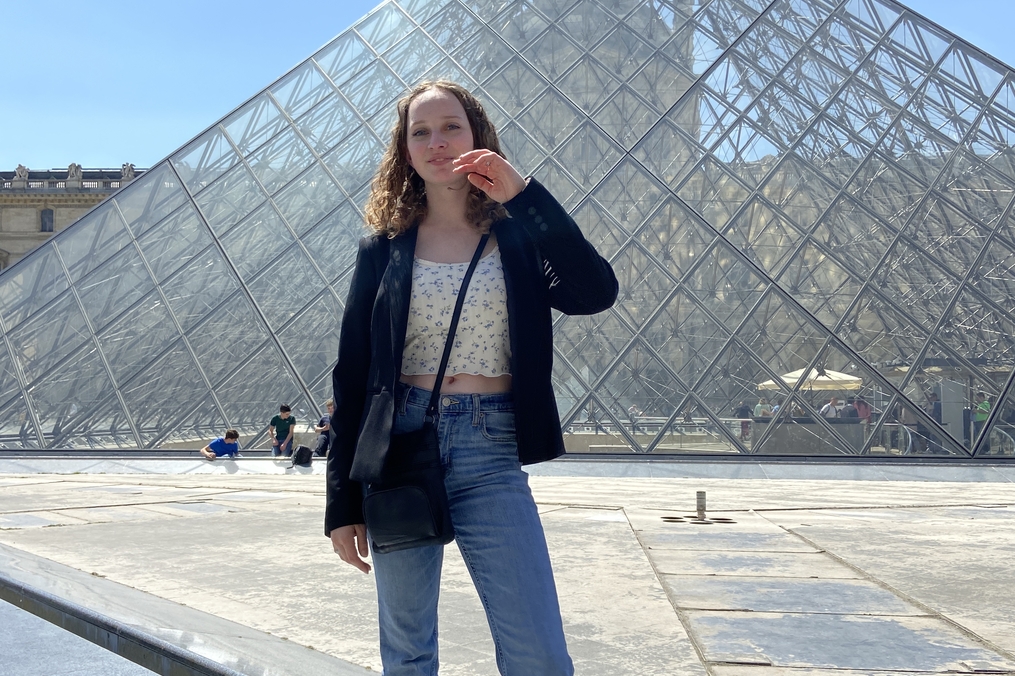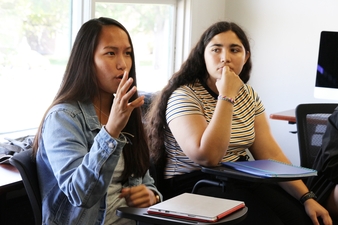Bridge the Gap Between the Deaf and Hearing Worlds with an ASL-English Interpreting Degree
According to the National Association of the Deaf (NAD), more than 28 million people in America depend on ASL-English interpreters to help bridge the gap between those who are Deaf and those who can hear. Interpreters work in a wide variety of settings, including schools, hospitals, businesses, courtrooms, counseling centers, and government agencies.
Keuka College’s ASL-English Interpreting program is geared toward students who excel in language, cultural awareness, and problem solving. Our graduates are prepared for professional work as interpreters working between American Sign Language and English.
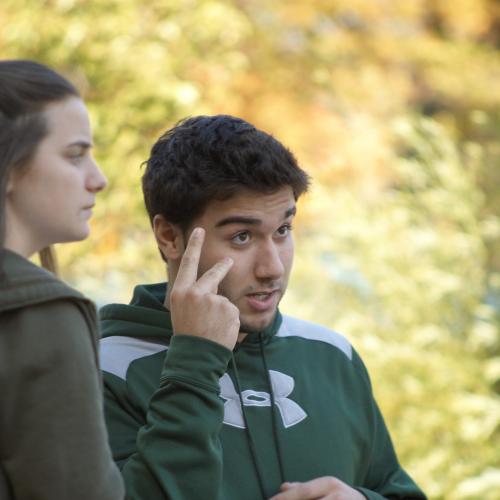
Real-World ASL Experience. Annually.
In addition to Keuka College's Field Period® program that will expand your skills and knowledge, you’ll benefit from a semester-long off-campus internship experience in approved settings of your interest. Here you will interpret under the guidance and supervision of certified mentors and participate in professional development activities. This emphasis on experiential learning means you’ll enjoy more than twice the practical experience of most other similar programs.
Program Overview
As an ASL–English Interpreting major you’ll build the cultural insight and linguistic agility to connect Deaf and hearing communities in settings as varied as classrooms, hospitals, and courts. Foundational courses deepen your ASL comprehension, production, and understanding of Deaf literature, history, and linguistics before you progress to translation, consecutive interpreting, and simultaneous work in specialized environments.
To strengthen English fluency and broaden your vocabulary, you’ll also study well beyond ASL – from advanced composition and rhetoric to literature seminars – learning how great writers use meaning, register, and tone.
Interpreting is far more than word-for-word substitution; it demands quick cognitive processing, ethical judgment, and cultural sensitivity, all cultivated through hands-on practice, community engagement, and extensive feedback.
Demand for qualified interpreters continues to climb, and Keuka College is one of only two upstate New York campuses offering this specialized major. Our program lays the academic and practical groundwork for the National Registry of Interpreters for the Deaf (RID) credential; graduates typically gain the required two years of professional experience after graduation before sitting for the RID performance exams.

